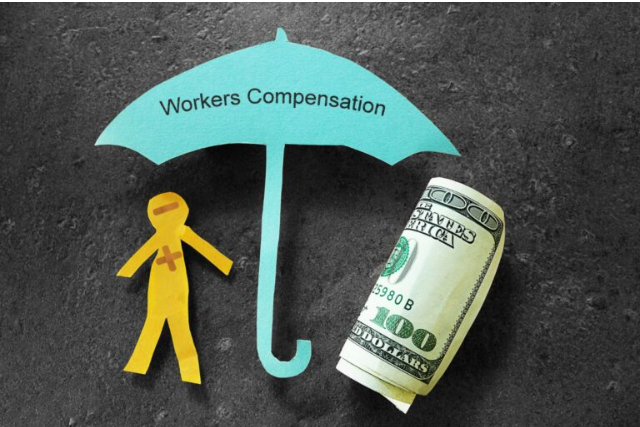Divorce is often a challenging time for any family, but when a family business is involved, the situation becomes more complex. Business ownership, management, and succession plans can be disrupted, leading to financial and emotional strain. For couples in Australia who jointly own or manage a business, understanding the implications of divorce is crucial to protect both personal and business interests.
Impact on Business Ownership
Family businesses, by their very nature, often have ownership stakes tied to both spouses. During a divorce, the business may be considered part of the marital assets and could be subject to division. This depends largely on how the business was structured, whether it was formed before or during the marriage, and if any agreements such as prenuptial or postnuptial contracts are in place.
A high-profile example of this is the divorce of Jeff Bezos, the founder of Amazon, and his ex-wife, MacKenzie Scott. After their divorce in 2019, Bezos transferred a quarter of their joint Amazon shares to Scott, representing a 4% stake in the company. At the time, this was valued at around USD 32 billion, which is approximately AUD 45 billion. Although Bezos retained control of Amazon, the division of assets significantly impacted the wealth distribution between the two parties. This case underscores how divorce can affect even the largest of businesses.
In Australia, the Family Law Act considers various factors when dividing assets, including financial and non-financial contributions. Therefore, even if one spouse was not actively involved in running the business, they may still have a claim based on their contribution to the family unit, such as raising children or maintaining the household.
Business valuations can be a contentious issue. Valuing a family business isn’t straightforward, as it involves more than just the company’s assets and revenue streams. Intangible factors such as goodwill, future income potential, and market position also come into play, further complicating the settlement.
Effects on Business Management
Divorce can also significantly disrupt the day-to-day management of a family business, especially if both spouses are actively involved. Issues like strained communication, differing visions for the company’s future, or emotional conflicts can impact productivity, decision-making, and overall business health.
In some cases, spouses can maintain a professional relationship and continue running the business together. However, this requires clear boundaries, mutual respect, and often, third-party mediation to resolve disagreements. Alternatively, one spouse may decide to step away from the business entirely. This could mean selling their shares to the other spouse or finding a third-party buyer, leading to a change in management structure.
If children or other family members are involved in the business, divorce may also affect succession plans. For example, children might be forced to choose sides, leading to tension within the company. To mitigate such risks, it’s essential to have a clear succession plan that considers all potential future scenarios, including divorce.
Legal Protection and Planning
Family business owners should take proactive steps to safeguard their business in the event of a divorce. A well-drafted shareholder or partnership agreement can help outline how the business will be managed and divided if the marriage ends. Similarly, binding financial agreements (prenups or postnups) can establish clear terms for how business assets will be handled.
Seeking legal advice early in the divorce process is vital. Experienced and trusted divorce lawyers can help couples navigate the complex intersection of family law and business ownership and guide both parties through negotiations, ensuring that their financial and business interests are adequately protected.
Financial Ramifications
Divorce often leads to a redistribution of wealth, which can strain the finances of a family business. For example, if a significant portion of the business’s value is awarded to one spouse, the company may face liquidity issues. To cover the payout, the business might have to take on debt or sell assets, which could affect its long-term sustainability.
The cost of legal proceedings, business valuations, and potential buyouts can also add up, placing further financial pressure on the company. Both spouses need to have a realistic understanding of the costs involved and to prepare for the potential financial impact.
In some situations, mediation or alternative dispute resolution can be beneficial in reaching an amicable settlement without going to court. These options tend to be less adversarial and can help reduce costs, preserve the business’s stability, and maintain working relationships.
Conclusion
Divorce can have profound effects on family businesses, affecting ownership, management, and financial health. It is essential for those involved to understand the legal and financial implications and to take steps to protect their interests. With the right legal guidance and careful planning, it is possible to minimise the impact of divorce on both the family and the business, allowing for a smoother transition during this difficult time.












